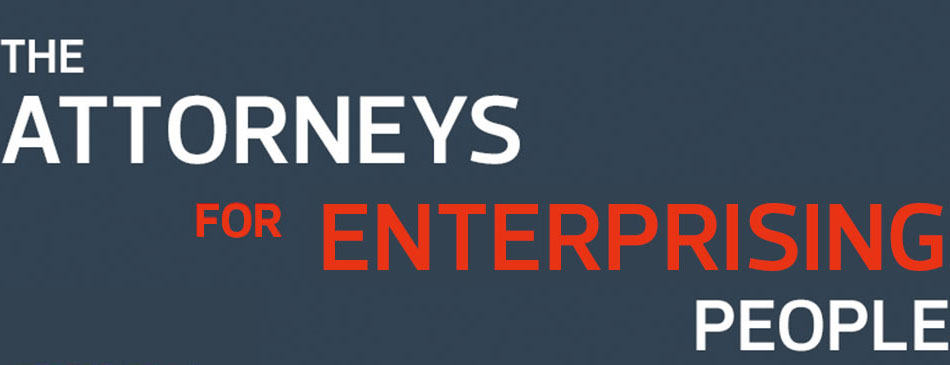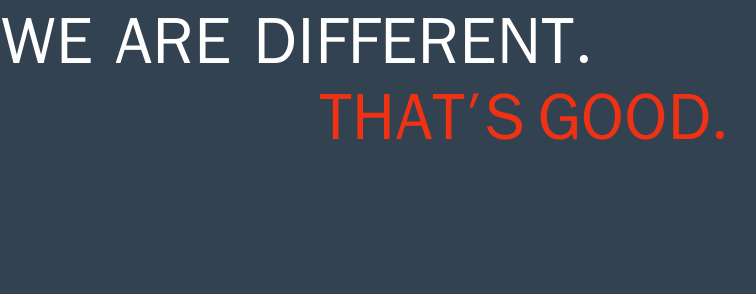Impact of Fraud and Corruption in the Healthcare Sector – Implications for Billing and Factoring Companies
Economically uncertain times lead to an increase in crime in general, but also in white-collar crime. Cybercrime currently poses a particular threat to companies. In times of economic uncertainty, billing service providers are particularly vulnerable to losses due to fraud. This risk also exists for billing companies and factoring companies that deal with the collection of receivables from the healthcare market.
According to the press release issued by the German National Association of Statutory Health Insurance Funds (GKV Spitzenverband) on 30 November 2023, the healthcare sector has suffered a total loss of 1.13 billion euros in the last 20 years as a result of billing fraud. In the current seventh misconduct report by the National Association of Statutory Health Insurance Funds (GKV-Spitzenverband), the calculated loss in 2020/2021 was 132 million euros, with the focal point being home nursing care, with a loss of 29.60 million euros.
Claims arising from fraudulent circumstances or those that are corruptly labelled often violate legal regulations. Such claims are then unenforceable.
Factoring companies, especially if they engage in genuine factoring, must protect themselves against the acquisition of worthless receivables. This requires the introduction of effective monitoring and control systems in order to identify potential weaknesses or uncover unauthorised activities. Our colleague Julia Bette, lawyer and notary, addressed the topic of “Fraud and corruption in the healthcare sector” in her presentation to the Deutscher Factoring Verband e.V. Berlin on 8 November 2023:
What influence does the current economic crisis have on crime? What aspects of white-collar crime are relevant in the healthcare sector? What are the risks involved in purchasing healthcare receivables and what legislative responses and preventative measures are available?
Our colleague presented a comprehensive overview (more…)













